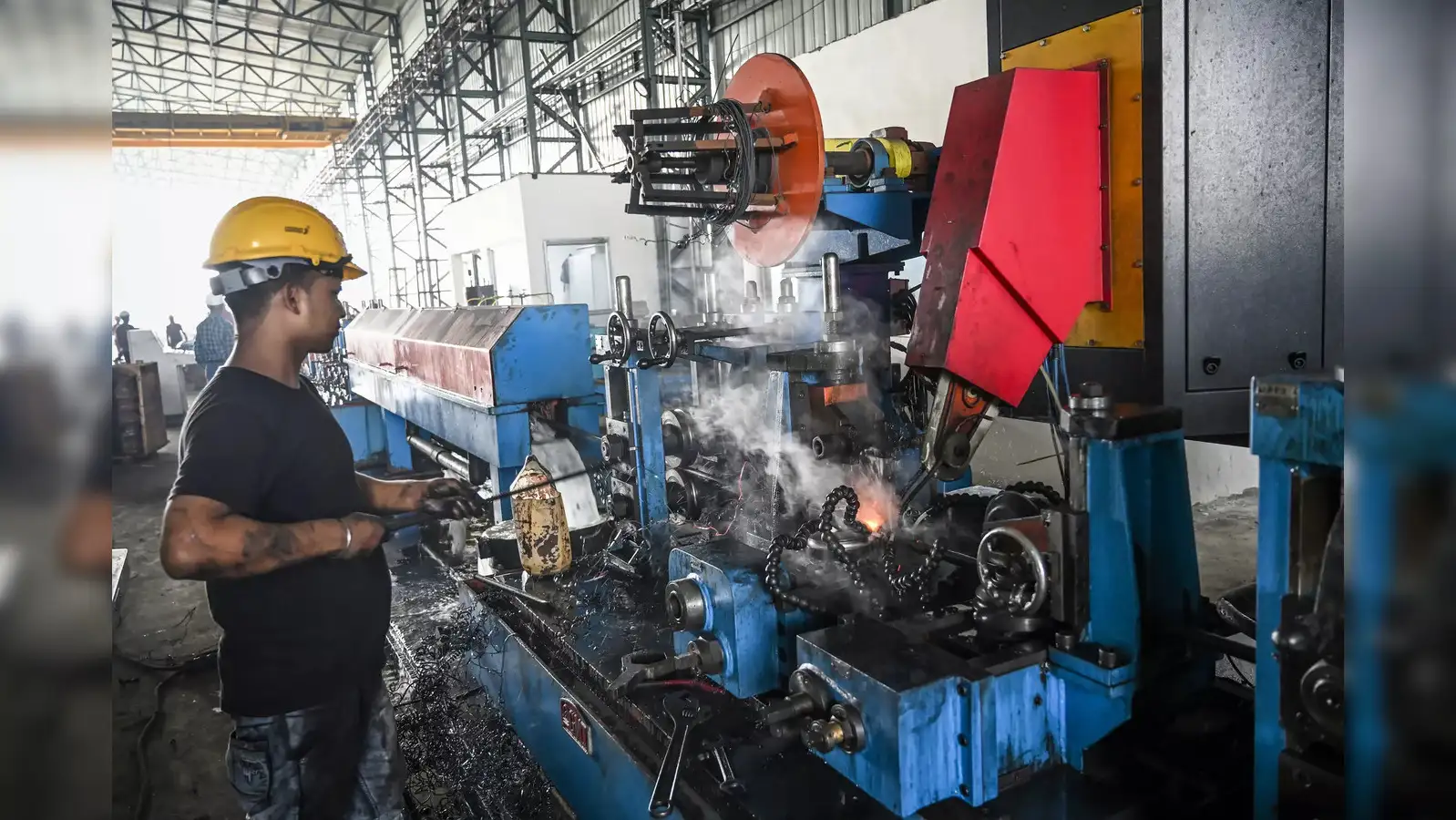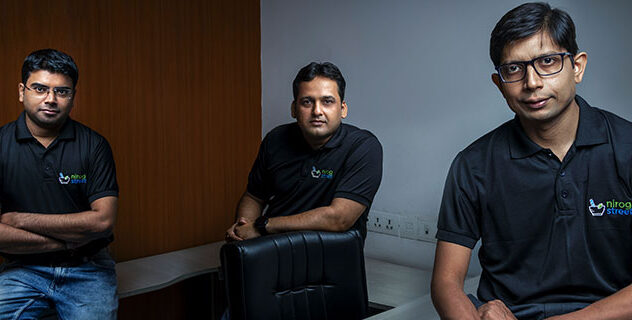India’s startup ecosystem is buzzing in 2025, and it’s not just the usual excitement, it’s a full-on IPO frenzy. If you’ve been paying attention, you’ll notice a lot of this new energy is coming from flexible workspace and electric vehicle (EV) companies. These startups aren’t just eyeing the stock market they’re getting ready to transform how we work and travel. After a bit of a rough patch in 2024, investors are back with confidence, and the IPO pipeline is looking healthier than ever. Ather Energy is leading the charge with its upcoming ₹2,000 crore IPO in May, setting the stage for other startups to follow. The plan? Ramp up manufacturing and keep pushing India’s EV revolution forward.
The Coworking Boom: Riding on Growth (and Losses)
The coworking sector is also making waves. IndiQube is one of the stars, with a solid 44% growth in FY24 revenue, topping ₹867.66 crore. That’s huge, right? But, like many growing companies, they’re dealing with widening losses, making it clear that growth comes with challenges. Despite that, the coworking space is still a hot spot for IPOs, with Smartworks also planning a ₹550 crore listing later in 2025. They’re looking to expand, get some debt relief, and keep pushing into new markets. The kicker here? WeWork India is taking a different approach with its Offer-for-Sale (OFS) structure. Instead of raising fresh capital, they’re letting investors cash out their stakes. It’s a clever way to balance between showing growth and protecting the company from too much dilution.
EVs: Shaping India’s Future on the Road
On the other side of the startup ecosystem, electric vehicles (EVs) are also grabbing attention. Ather Energy, one of India’s most promising EV companies, is preparing for its IPO in May 2025. The target? ₹2,000 crore, aimed at scaling up their manufacturing to meet growing demand. Ather is following in the footsteps of Ola Electric, which had a successful IPO in 2024. But Ather’s debut could be even more important for the industry, as it will give us a deeper look at the market’s appetite for capital-intensive hardware companies. There’s no doubt about it—India’s EV sector is still growing, but the road ahead is not without hurdles. As a capital-intensive industry, EV startups will face intense scrutiny when it comes to profitability and scalability. But if Ather’s IPO is a success, it could set a major precedent for other EV players in the market.
Investor Sentiment and Financial Health
While the IPOs from both coworking and EV companies are creating buzz, investors are looking closely at the financials. For instance, IndiQube has a 72% increase in losses, totaling ₹341.5 crore despite its impressive revenue growth. This highlights the balancing act that many startups face—growing the top line while managing escalating costs. Smartworks, on the other hand, has shown strong revenue growth but will need to demonstrate operational efficiency before its ₹195/share valuation can be fully justified. WeWork India’s approach with the OFS model—where they’re offering shares for sale without issuing fresh capital has gained attention as an alternative way to raise funds while protecting long-term growth.
The Regulatory Landscape: A Double-Edged Sword
India’s regulatory environment has been shifting, with the Securities and Exchange Board of India (SEBI) tightening rules for SME listings. While this has not deterred all players, it has led to increased scrutiny, especially for asset-heavy startups like IndiQube and Ather Energy. These companies will need to demonstrate clear monetization pathways and sustainable business models to succeed in the IPO market. However, there is some optimism. The Indian government’s push for AI-driven initiatives and improving infrastructure could offer a more stable environment for these startups to scale effectively and enter the public market.
The Verdict on India’s IPO Boom
So, what’s the bottom line? India’s IPO market is on fire in 2025, and the excitement surrounding flexible workspace and electric vehicle startups is at the forefront of this surge. Ather Energy and IndiQube are the leaders of the pack, but they will need to prove their long-term sustainability post-listing. For investors, this means closely monitoring the performance of these IPOs, as their success or failure will likely influence how future Indian startups approach the public market. India’s IPO market is maturing, and the outcome of these listings will determine whether the country’s startup ecosystem can keep its momentum going well into the future.
Also Read: Top IPOs in India 2025: Expert Analysis, Pros, Cons & Tips

























